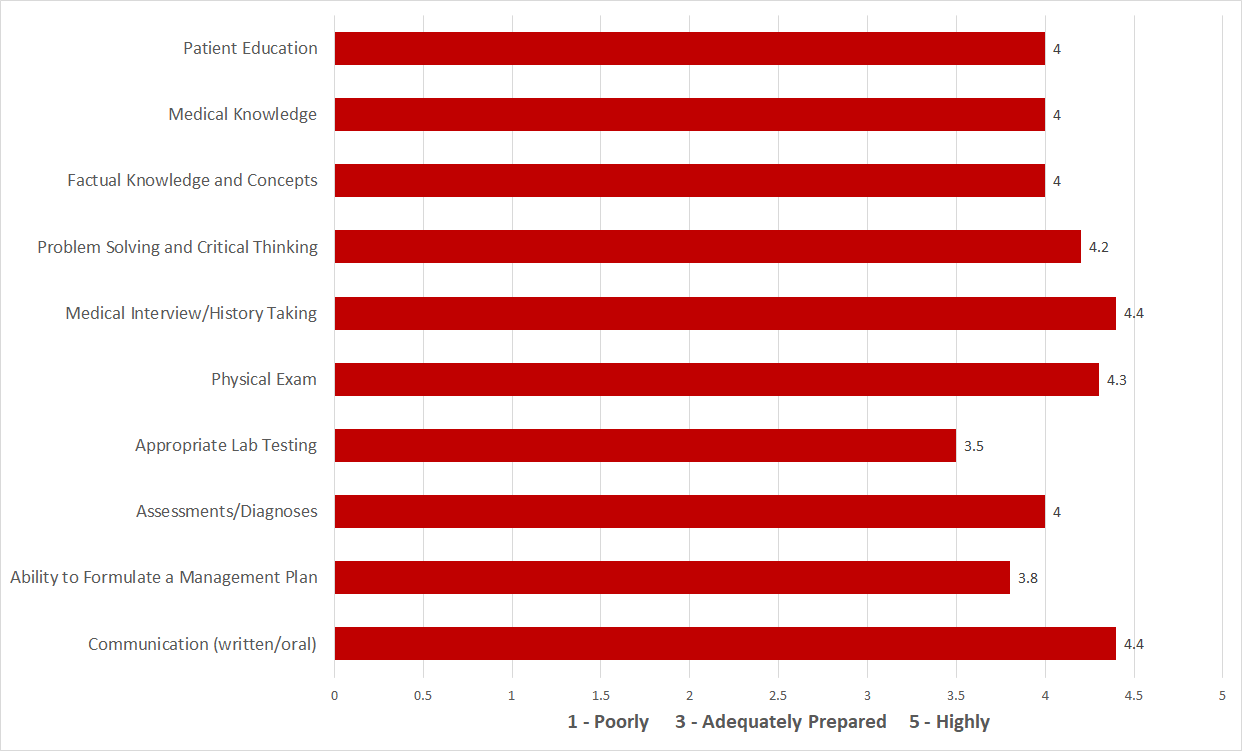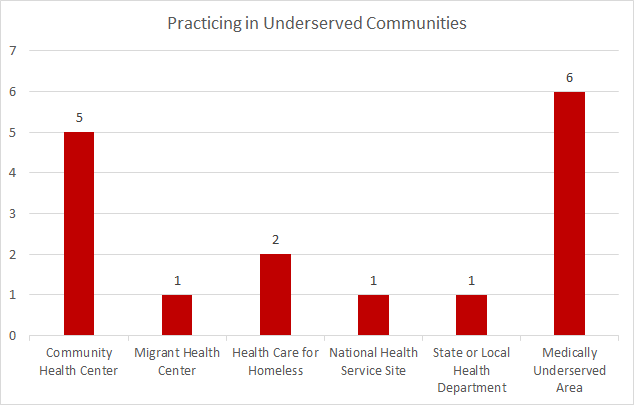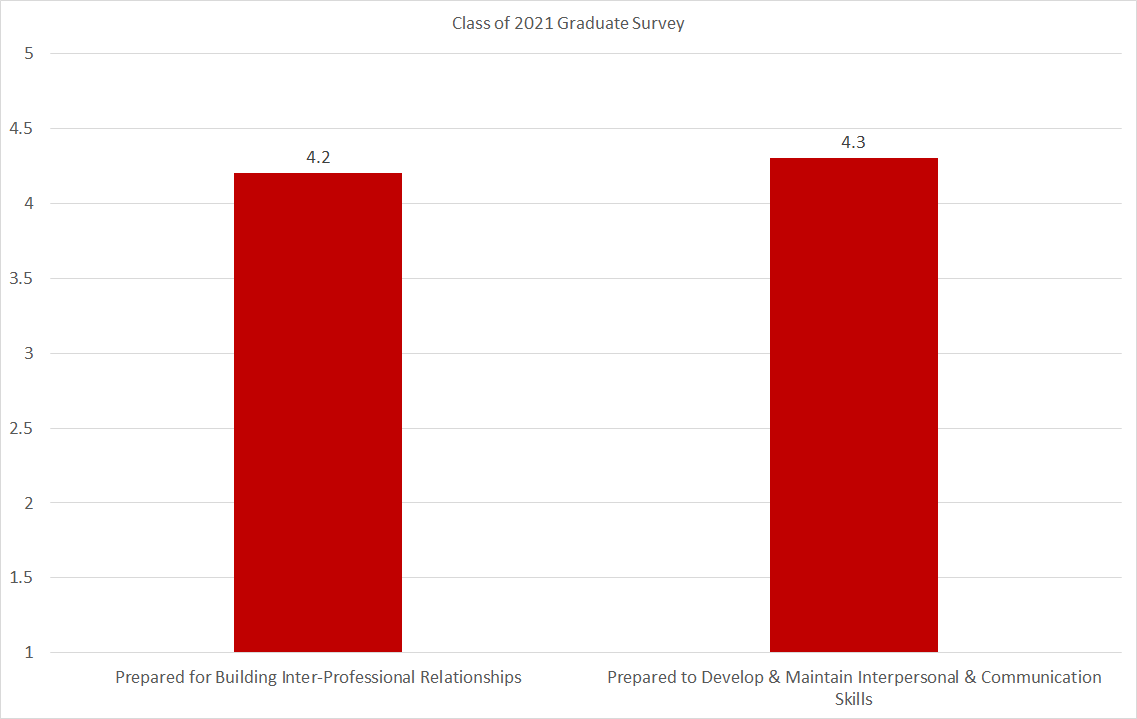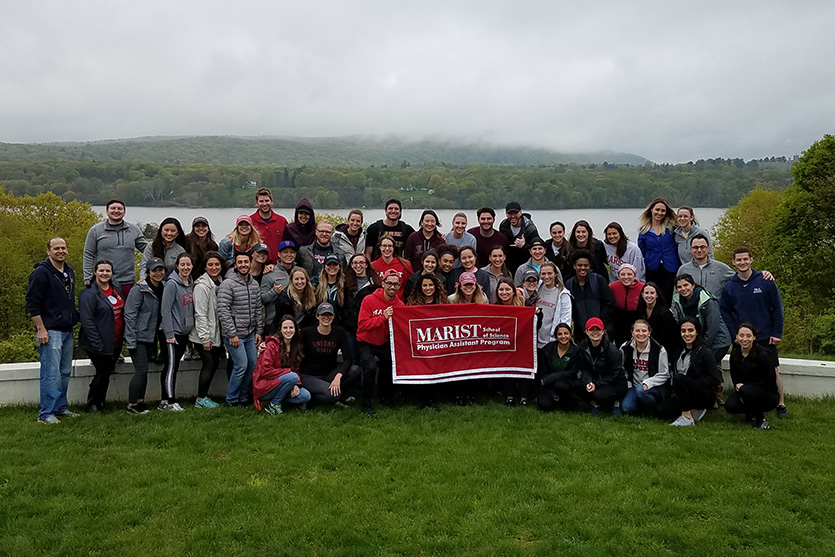-
About
Admitted Student Days
• Saturday, March 28
• Sunday, March 29
• Saturday, April 11Accepted Students: Be sure to register for one of our Admitted Student Days and explore all that Marist has to offer.
About
-
Academics
Admitted Student Days
• Saturday, March 28
• Sunday, March 29
• Saturday, April 11Accepted Students: Be sure to register for one of our Admitted Student Days and explore all that Marist has to offer.
Academics
-
Admission & Financial Aid
Admitted Student Days
• Saturday, March 28
• Sunday, March 29
• Saturday, April 11Accepted Students: Be sure to register for one of our Admitted Student Days and explore all that Marist has to offer.
Admission & Financial Aid
-
Student Life
Admitted Student Days
• Saturday, March 28
• Sunday, March 29
• Saturday, April 11Accepted Students: Be sure to register for one of our Admitted Student Days and explore all that Marist has to offer.
Student Life
- Athletics
Image of Members from Physician Assistant Department
Physician Assistant Studies Department
MS in PA Mission Statement
Mission: The Marist Physician Assistant Studies program is committed to creating high-quality healthcare providers who are prepared to practice ethical and culturally sensitive medicine, committed to service, and committed to advancing the PA profession.
The program has recently updated its goals, and will be posting new benchmarks and outcomes as they become available. The new program goals are:
- Graduate high-quality healthcare providers
- Teach students to effectively interact with patients of different backgrounds
- Develop healthcare providers who function successfully within a team environment
- Ensure that all students engage in community service
- Exceed the national first-time pass rate for the Physician Assistant National Certification Examination (PANCE)
- Ensure that students are involved in professional advocacy
- Develop students committed to delivering excellence in service to patients
Meeting the Marist PA Program Mission
Goal #1
Graduate entry-level, competent healthcare providers.
Outcome: The program measures entry-level competence in two ways:
- The Physician Assistant National Certifying Exam (PANCE) result (see goal #5)
- The Graduate Satisfaction Survey. For the 2018, 2019, and 2020 cohorts, 40% of graduates responded to the 2021 survey. They rated their level of competence in the following areas:

Level of competence for each category is rated between 1 and 5, with 5 representing highly prepared. The graph shows communication (written/oral) ranking at 4.4, assessments/diagnoses ranking at 4.0, physical exam ranking at 4.3, medical interview/history taking ranking at 4.4, problem solving and critical thinking at 4.2, factual knowledge and concepts at 4.0, medical knowledge at 4.0, and patient education at 4.0.
Goal #2
Teach students to effectively interact with patients of different backgrounds.
Outcome:
The Marist University PA Program teaches sensitivity toward all patients including racial, ethnic sexual and gender orientation and physical ability differences in the didactic year, especially in PA 610-Clinical Diagnostics. These principles are reinforced in Objective Structured Clinical Experiences (OSCEs) throughout the clinical year.
One measure of the success of how well these principles have been promoted is in the measure of graduates working in medically underserved communities. For the 2018-2020 cohorts, 16 of 53 respondents to our graduate survey (30%) work in the following underserved areas (some sites qualify for more than one category):

Graph concludes that, of the members of the 2018-2020 cohorts that responded to the survey, 6 are practicing in medically underserved areas, 5 are practicing in a community health center, 2 are practicing in health care for the homeless, 1 is practicing in a migrant health center, 1 is practicing in a national health service site, and 1 is practicing in a state or local health department.
Goal #3
Develop healthcare providers capable of functioning successfully within interprofessional teams.
Outcome: Successful functioning in interprofessional teams is measured in three ways:
- Teaching and examining students on the tenets of Interprofessional Education (IPE)
- Learning exercise with other professions, such as learning to gown and scrub nursing and doctor of Physical Therapy students
- A full day participatory HIPAA workshop attended jointly by PA and Doctor of Physical Therapy (DPT) students
- Learning how to prepare for the operating room including how to scrub, gown and glove with Duchess Community College nursing students by the Nuvance Health System surgical nursing staff (see image below)
- Surveying graduates on knowledge of, and functioning within, interprofessional teams (see graph below)

Level of preparedness is rated between 1 and 5, 1 representing poorly prepared, 3 representing adequately prepared, and 5 representing highly prepared. The graph shows preparedness for building interprofessional relationship ranking at 4.2 and preparedness to develop and maintain internpersonal and communication skills ranking 4.3.
Goal #4
Ensure that all students engage in community service.
Outcome: Community service is mandatory for all students.
Examples of community service include:
- Anderson Center for Autism (care of physical plant; see photo below)
- Poughkeepsie Children’s Home (care of physical plant, interaction with children)
- Fundraisers: Grace Smith House (domestic violence agency), Bladder Cancer Advocacy Network, American Cancer Society, Hurricane and flooding relief
- Surveilance Testing and COVID-19 vaccination clinics
- Blood Drive

Goal #5
Meet or exceed the national first-time pass rate for the Physician Assistant National Certification Examination (PANCE).
Competencies
The Marist University PA Program's competencies are based on the Physician Assistant Education Association (PAEA) competencies for new graduates.
View the PAEA Competencies
Outcomes
View the annual PANCE pass rates
Loading contact form...
Accreditation Status
*The Accreditation Review Commission on Education for the Physician Assistant, Inc. (ARC-PA) has granted Accreditation-Continued status to the Marist University Physician Assistant Program sponsored by Marist University. Accreditation-Continued is an accreditation status granted when a currently accredited program is in compliance with the ARC-PA Standards.
Accreditation remains in effect until the program closes or withdraws from the accreditation process or until accreditation is withdrawn for failure to comply with the Standards. The approximate date for the next validation review of the program by the ARC-PA will be March 2030. The review date is contingent upon continued compliance with the Accreditation Standards and ARC-PA policy.
The program’s accreditation history can be viewed on the ARC-PA website at http://www.arc-pa.org/accreditation-history-marist-college/.
Updated: 10/1/2020
